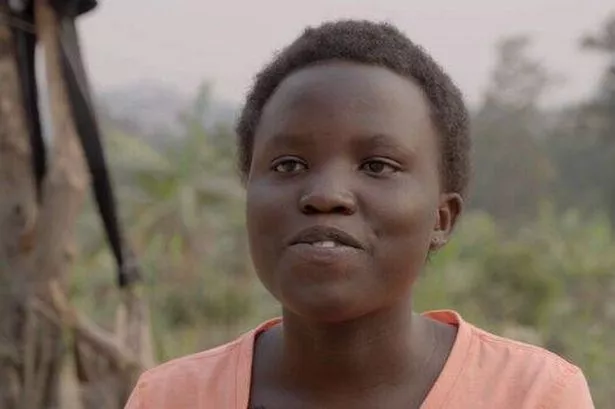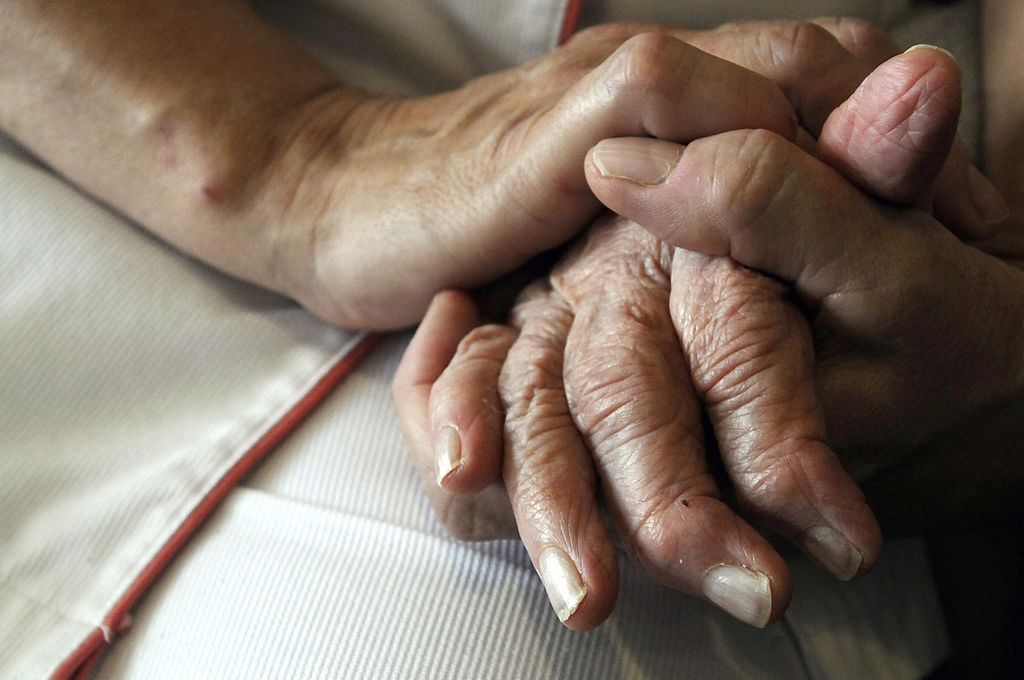British scientists are raising urgent concerns about a potential resurgence of malaria that could lead to nearly one million additional deaths by 2030. Data indicates that a combination of extreme weather events, humanitarian crises, and significant funding cuts may threaten the progress made in combating this disease over the past quarter-century.
Next month, the British Government will co-host the eighth replenishment of the Global Fund to Fight AIDS, Tuberculosis and Malaria alongside South Africa. During the previous replenishment, the UK pledged £1 billion, contributing to an overall total of $18 billion. As nations grapple with increasing demands for defense spending and other areas, experts are urging continued robust support for malaria research and prevention efforts.
Dr. Mehreen Datoo, a leading researcher at the University of Oxford’s Jenner Institute, emphasized that losing focus on malaria could “risk undoing years of hard-won gains.” She stated, “British science is leading the fight against malaria, helping to develop vaccines and tools that are saving lives across the world.” Datoo highlighted that there is no single solution to the malaria crisis: “We need a combination of approaches and continued research to make these tools even more effective.”
Innovations in malaria treatment have garnered attention, notably from Professor Tom Churcher, a specialist in infectious disease dynamics at Imperial College London. He noted that British-backed advancements have significantly contributed to saving millions from malaria. “In recent years, we’ve seen great leaps in advanced technologies like genetically modifying mosquitoes and the rollout of vaccines across Africa. Next-generation bed nets and new treatments are also crucial in protecting those at risk,” he said. Churcher added that it is vital to maintain momentum in malaria research, as both the disease and its carriers are remarkably resilient.
In 2023, malaria infected 236 million people and resulted in 590,000 deaths globally, with children under five accounting for three-quarters of those affected. A report by Malaria No More UK and the African Leaders Malaria Alliance warned of dire consequences if funding for prevention efforts is reduced. The research predicts that a collapse in these efforts could lead to an additional 990,000 deaths by 2030 in Africa, with 750,000 of those being children under five.
The economic impact of failing to address malaria could reach $83 billion in lost GDP across the continent. Campaigners argue that weakened economic growth in Africa poses risks not only to the region but also to global commerce, potentially disrupting supply chains and destabilizing one of the world’s fastest-growing markets.
Conversely, achieving malaria reduction goals could unlock approximately $230 billion in GDP growth by 2030, creating new trade opportunities. This summer, a visit to Tanzania by reporters highlighted the efforts of frontline workers combating the disease. Many researchers believe that elimination is within reach, but funding and commitment remain critical.
Gareth Jenkins, the executive director of advocacy and strategy at Malaria No More UK, issued a stark warning: “A decrease in funding could lead to the deadliest resurgence we’ve ever seen.” He stressed that the choice is clear: “Invest now to end malaria or pay far more when it returns. A full investment in the Global Fund will save millions of children’s lives, unlock billions in growth, and make the world safer.”
Joy Phumaphi, the executive secretary of the African Leaders Malaria Alliance, echoed these sentiments, stating, “Ending malaria is a win-win: it saves lives, strengthens health systems, and can unlock $230 billion in growth for Africa by 2030.” She urged leaders from donor countries and malaria-endemic nations to step up and fully replenish the Global Fund.
A spokesperson for the UK Foreign, Commonwealth & Development Office (FCDO) indicated that a decision on the UK’s pledge to the Global Fund has not yet been made, with an announcement forthcoming.
Filette Niyogisubizo, a 15-year-old survivor of malaria, shared her personal experience, highlighting the human impact of the disease. “Some people die because they don’t have the means to go to hospital. It’s sad to see people lose their lives to something we can prevent,” she said. Filette recalled the difficulties she faced while ill, stating, “My mom couldn’t leave me alone while I was sick, so she couldn’t go to work to earn money. It affected my whole family.”
She emphasized that eradicating malaria would allow children to “keep learning and living our dreams.” Filette concluded, “That would be a happy moment for us kids. We could play without worry. You need to hear my story because I am a malaria survivor. Please do what you can to help us end malaria.”







